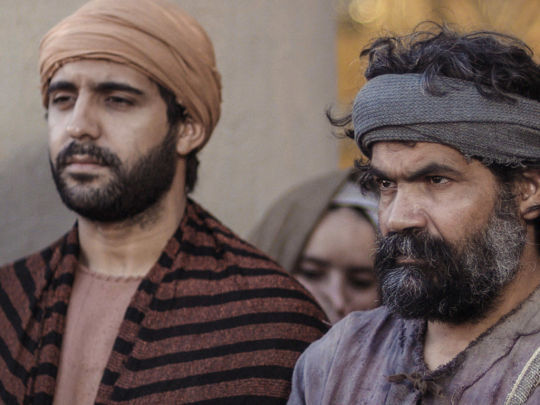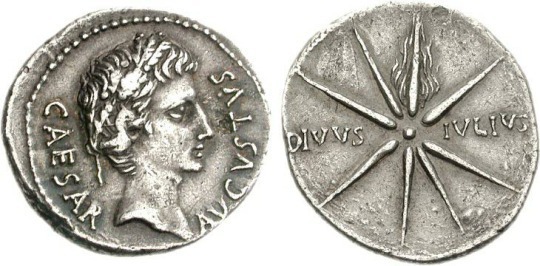There is a story of religious and political leaders that approached Jesus with the intent to throw him into a political conundrum. They asked him a question they thought would force his hand and make him share his political views on Roman oppression and Jewish resistance.
“Is it lawful for Jewish people to pay taxes to the Roman Emperor Caesar?”
There were groups of Jewish resistance fighters who were violently resisting Roman occupation and subjugation. Many Jewish leaders profited from collaborating with Roman officials in the oppression of their own people. These were the tax collectors the gospel writers spoke so lowly of. Lastly, Caesar and the Romans themselves were quite fond of levying heavy taxes on the Jewish peasants that they had made their slaves. These are the people who would’ve had a keen interest in how the famous Jewish Rabbi Jesus would answer the question.

The trap is set. A yes or no has significant political connotation for Jesus. If he says “yes” he aligns with the Romans and the hated tax collectors. The resistance would have then known that Jesus didn’t support their cause. If he said “no” he would have been openly opposing Rome, and the people that hated him would have all they needed to have him put to death right then and there.
Most of the teachings I’ve heard in my lifetime about this particular story use the answer that Jesus gives as an example of apolitical religious wisdom. Like this was Jesus’ way of being clever and not taking a side in a political debate because the “Kingdom of God isn’t about politics.” I hope you see the irony in that statement. I’ve recently come to realize that Jesus’ answer was far more political than I’d ever thought. You can read this story in Mark chapter 12 in the New Testament of the Bible.
Jesus realized that he was being set up, and responded by asking for someone to bring him a coin. They did. He looked at it, and asked: “Whose picture and title is this on the coin?” They told him it was Caesar’s, and he said: “Give Caesar what is Caesar’s and God what is God’s.”
That’s a brilliantly clever response and on the surface pretty apolitical. However, this is like a magic trick being performed by a master magician. It’s a beautifully executed slight of hand. It’s astounding the way Jesus hid what was truly happening from everyone with how he answered their trick question.

Notice that Jesus didn’t reach into is own bag to grab a coin. He didn’t ask one of his disciples to go get one out of the mouth of a fish as he did when asked about the Jewish Temple Tax. He asked the people trying to trap him to provide a coin for examination. In their anticipation of Jesus getting tangled in a political web, they missed the most significant thing happening in this interaction… JESUS DIDN’T EVEN CARRY CEASAR’S COINS! He doesn’t go back and forth about whether Jewish people should or shouldn’t resist Roman oppression. Jesus resisted by not carrying the coin in the first place.

Caesar’s coins were used as propaganda to remind everyone that Caesar was deity. In the most subversive way possible Jesus communicated that he wasn’t cooperating with Caesar’s system of oppression. He knew who God and His people were, and he wasn’t going to give dignity to Caesar’s claims about himself by carrying his coin around. It was so sly that his adversaries missed the statement he was making.
I share the above story to show that all forms of resistance to oppression aren’t the same. I would argue that most of the women and people of color you know are resisting marginalization and oppression in their own way. Whether they are demonstrative with their voice or actions or they chose more covert methods of combating stereotypes – they are resisting. Below I’ve listed a few of the silent ways that I’ve known POC and women to resist oppressive stereotypes:
- Learning to swim.
- Interracial dating.
- Growing dread locks.
- Out performing white men at golf.
- Being obsessively professional.
- Tipping above 20 percent.
As I wrap this up, two final thoughts:
First, ask a woman or person of color if they do things to resist the cultural stigmas associated with their race or gender. See if these or any other come up, and feel free to message me with their responses.
Secondly, a question for you.
How do you resist systemic oppression in the world around you?



